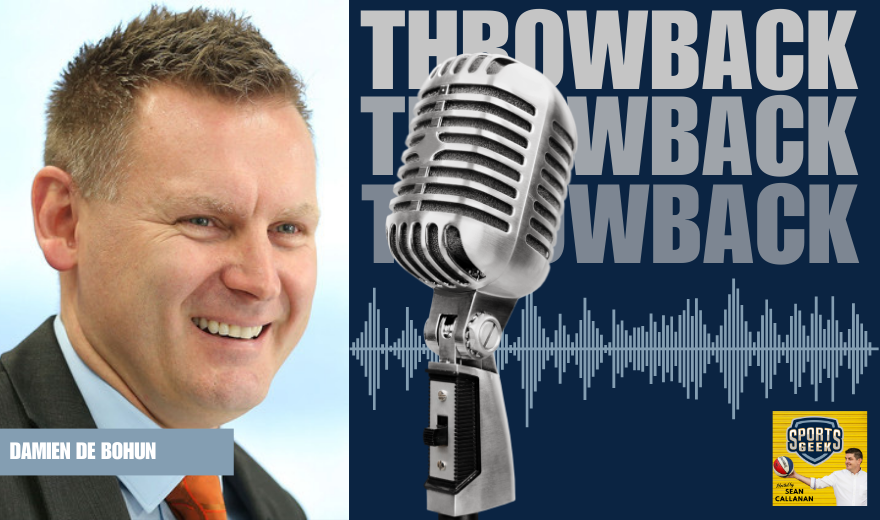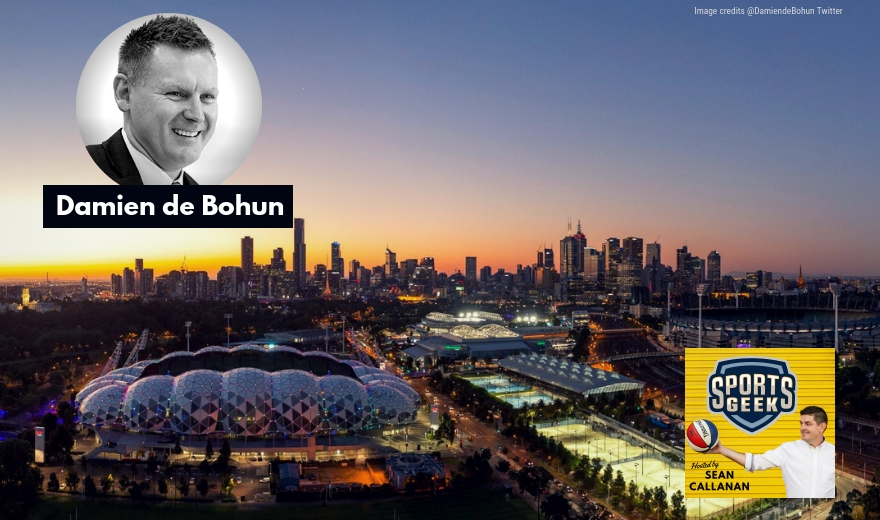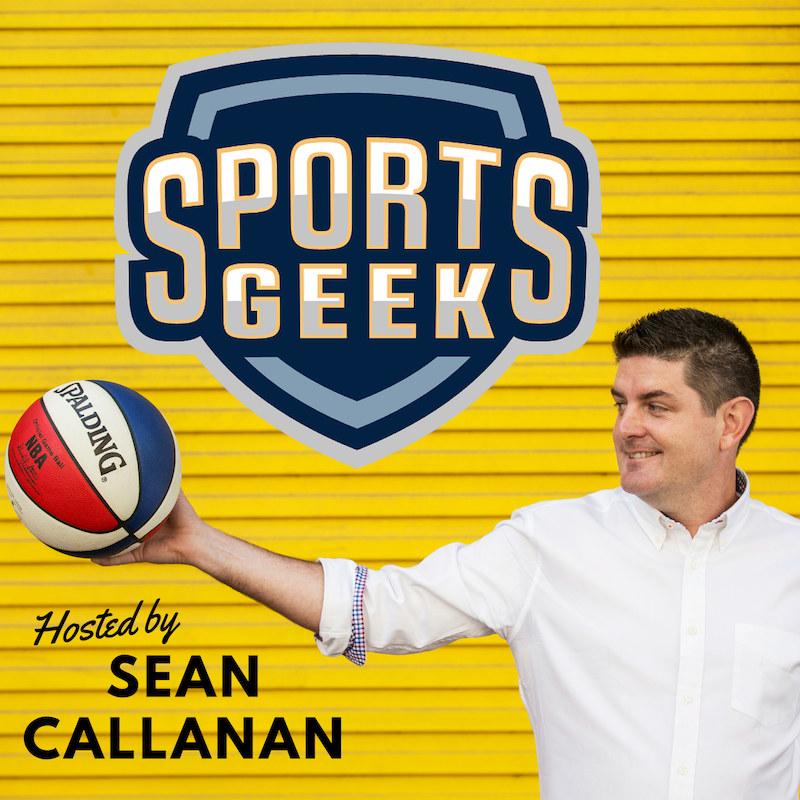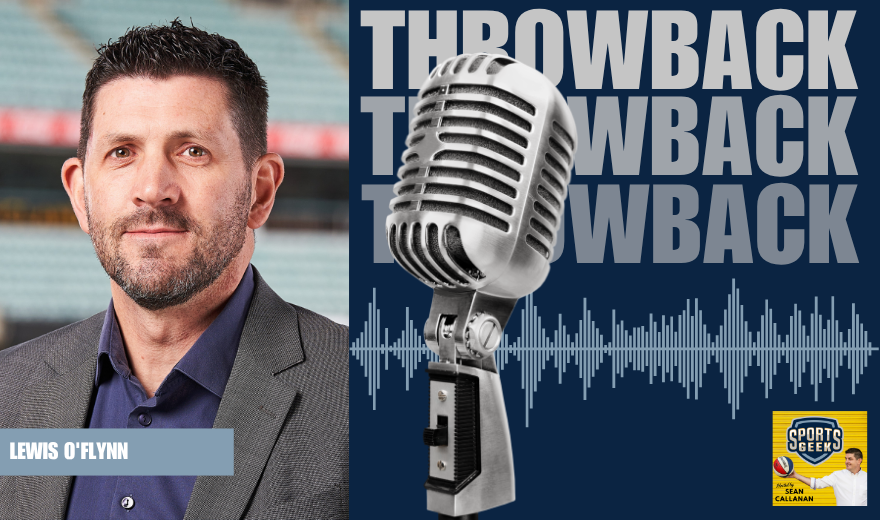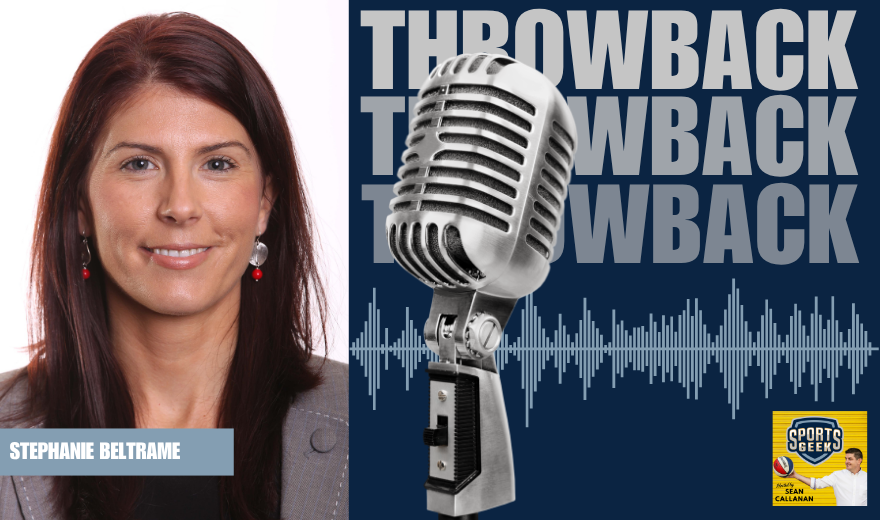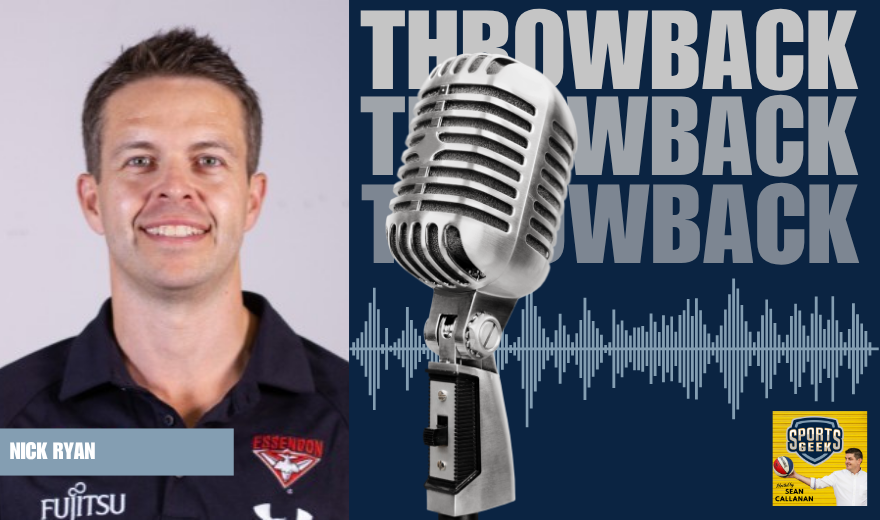This transcript has been lightly edited by AI
Sean: And so, as a proud Victorian, that spiel is a spiel that I do give when I'm overseas when they say, “What is Melbourne like?”
I, you know, there's all these football games and there's major events and yeah, it does get, uh, I have had arguments with Rich Clark. He argues that it's London and I'm like, no, I think we've got you covered. So from a government point of view, is it part engaging the community here and then also the tourism play, as far as Visit Victoria is concerned?
Damien: So to give you a context of scale, we are involved in a 27 billion industry. So this is not just a nice thing to do on the side, in and around Melbourne. Our job is to absolutely make sure that people from both overseas and interstate regularly come to Melbourne and consume all that Melbourne and the region or the state of Victoria has to offer.
And obviously to make sure that people who live in and around Melbourne have that opportunity. So I would say for anyone growing up in Melbourne or listening to this in Melbourne, it is without question on a global scale, a real privilege. And I get the chance and the opportunity to travel extensively around the world.
We presented recently at a conference in Denmark, in Aarhus. And it was fascinating for me to see how the cities that you would think are well advanced in global cities, cities like Paris, like Los Angeles, both of them applying for the Olympic Games, London, New York, Berlin. Munich, you know, they all wanted to spend time with us to understand how on earth we have such an incredibly strong major events program.
And equally, and very interestingly, why it is that our facilities, both sporting and cultural facilities, are so close and in such close proximity to the centre of the city. And that is unique globally and really sets us apart.
Sean: Yeah. Again, the Olympic Park, Melbourne Olympic Park precinct with the MCG and the tennis being close and Amy Park being there.
You know, again, when I'm talking to people in Richmond, I say it's a six pub walk and I'm at any of all of those venues. It's great being in the inner city, but it is unique having sports from an events point of view. But then when you talk to people, like Biden at the rebels and Dave Donner here at the storm and Collingwood, they're just, you've got all these high performance teams that are working in the same operating space that there's so much learning and stuff happening across there.
Damien: Well, one of the pieces of research that I did going back to my time running the A League was to get a sense of, you know, looking back then at league expansion and where you would put teams. What emerged is that Melbourne has more teams, not per capita, just more professional sporting franchises than any other city in the world.
Now, people don't quite understand that. Of course, the AFL has the group that they have, but then when you start to include rugby union, rugby league, football, cricket, netball, basketball. When you go through the list, the franchise, from memory, it was 27 or 28 professional teams in a city of 4 or 5 million people.
Yeah, when there's maybe 10 in New York.
Sean: Correct. So, it is, there's no doubt it's, we're spoilt for choice, which also means in the role that we perform that we have to be incredibly discerning in terms of the events or the activities that we bring to Melbourne because people are so spoiled here that if it's not the best of the best, they sniff it out a mile away.
And a great example of that was, one of the first contracts or events, if you like, that we brought here. My tenure was Brazil versus Argentina at the Melbourne Cricket Ground. And of course, 97,000 people came and the game was sold out in no time. And that's the level that we're at. That's the level that we expect.
And that's the level that our public expects here.


